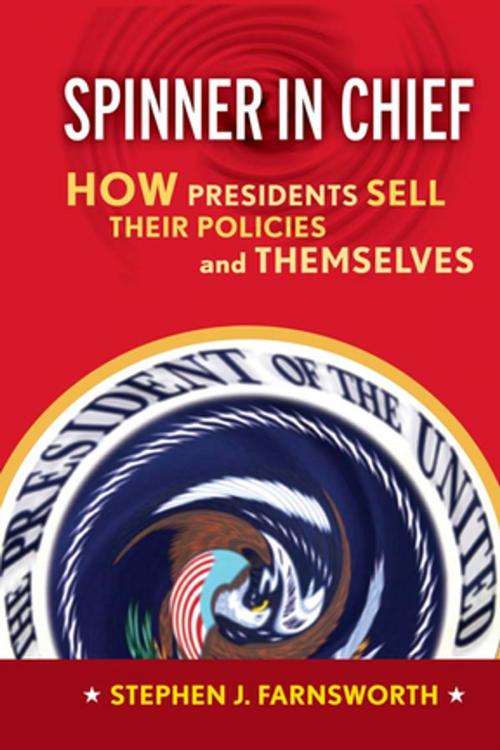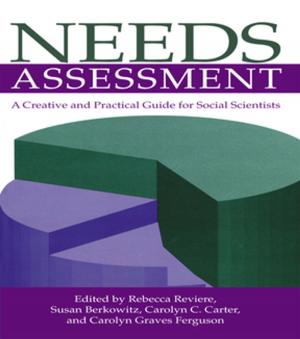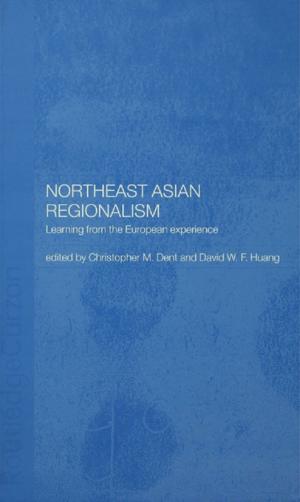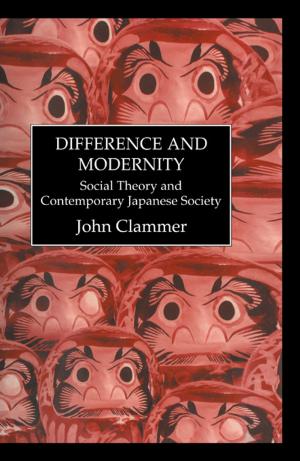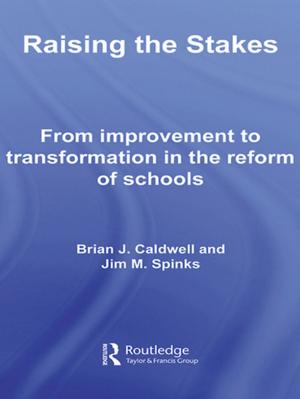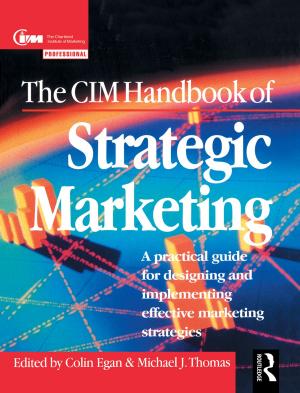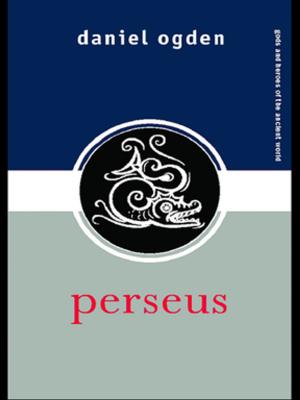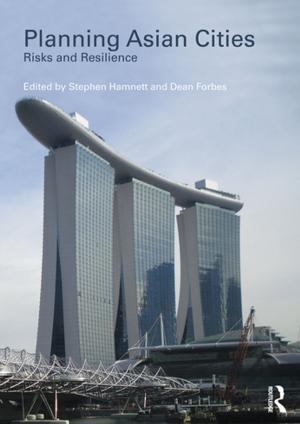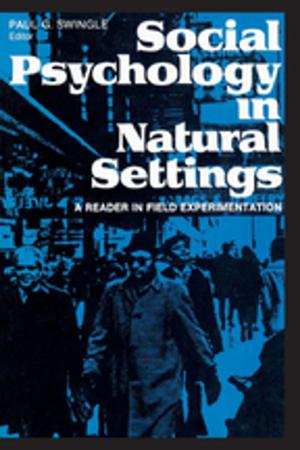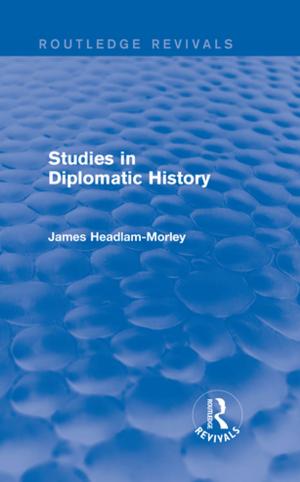Spinner in Chief
How Presidents Sell Their Policies and Themselves
Nonfiction, Social & Cultural Studies, Political Science| Author: | Stephen J. Farnsworth | ISBN: | 9781317251576 |
| Publisher: | Taylor and Francis | Publication: | December 3, 2015 |
| Imprint: | Routledge | Language: | English |
| Author: | Stephen J. Farnsworth |
| ISBN: | 9781317251576 |
| Publisher: | Taylor and Francis |
| Publication: | December 3, 2015 |
| Imprint: | Routledge |
| Language: | English |
As the U.S. enters the last lap of the 2008 presidential election season, the media and the candidates are in full gear exploiting each other, often at the expense of public information and awareness. This book looks at how presidents and presidential candidates use television, the Internet, and newspapers to promote their policies and themselves, even as they are sometimes manipulated by the media they so avidly seek. Looking at White House media strategies relating to the Iraq War and occupation, health care reform, tax and budget debates, the debate over Bush's competence, the Clinton-Lewinsky sex scandal, and the early battles of the 2008 presidential election, media scholar and former journalist Stephen Farnsworth examines how presidents shift the direction and limit the amount of public debate over policies to favor themselves-and how reporters and Internet commentators often help them do so. The result short-circuits the public's role in evaluating competing visions for the country's future and the legislative branch's role in policy making. The modern presidential obsession with public relations-and media willingness to be used to advance executive power-undermine the country's long term ability to deal with crucial problems, including foreign and military relations, a growing government debt, and public health care shortcomings.
As the U.S. enters the last lap of the 2008 presidential election season, the media and the candidates are in full gear exploiting each other, often at the expense of public information and awareness. This book looks at how presidents and presidential candidates use television, the Internet, and newspapers to promote their policies and themselves, even as they are sometimes manipulated by the media they so avidly seek. Looking at White House media strategies relating to the Iraq War and occupation, health care reform, tax and budget debates, the debate over Bush's competence, the Clinton-Lewinsky sex scandal, and the early battles of the 2008 presidential election, media scholar and former journalist Stephen Farnsworth examines how presidents shift the direction and limit the amount of public debate over policies to favor themselves-and how reporters and Internet commentators often help them do so. The result short-circuits the public's role in evaluating competing visions for the country's future and the legislative branch's role in policy making. The modern presidential obsession with public relations-and media willingness to be used to advance executive power-undermine the country's long term ability to deal with crucial problems, including foreign and military relations, a growing government debt, and public health care shortcomings.
